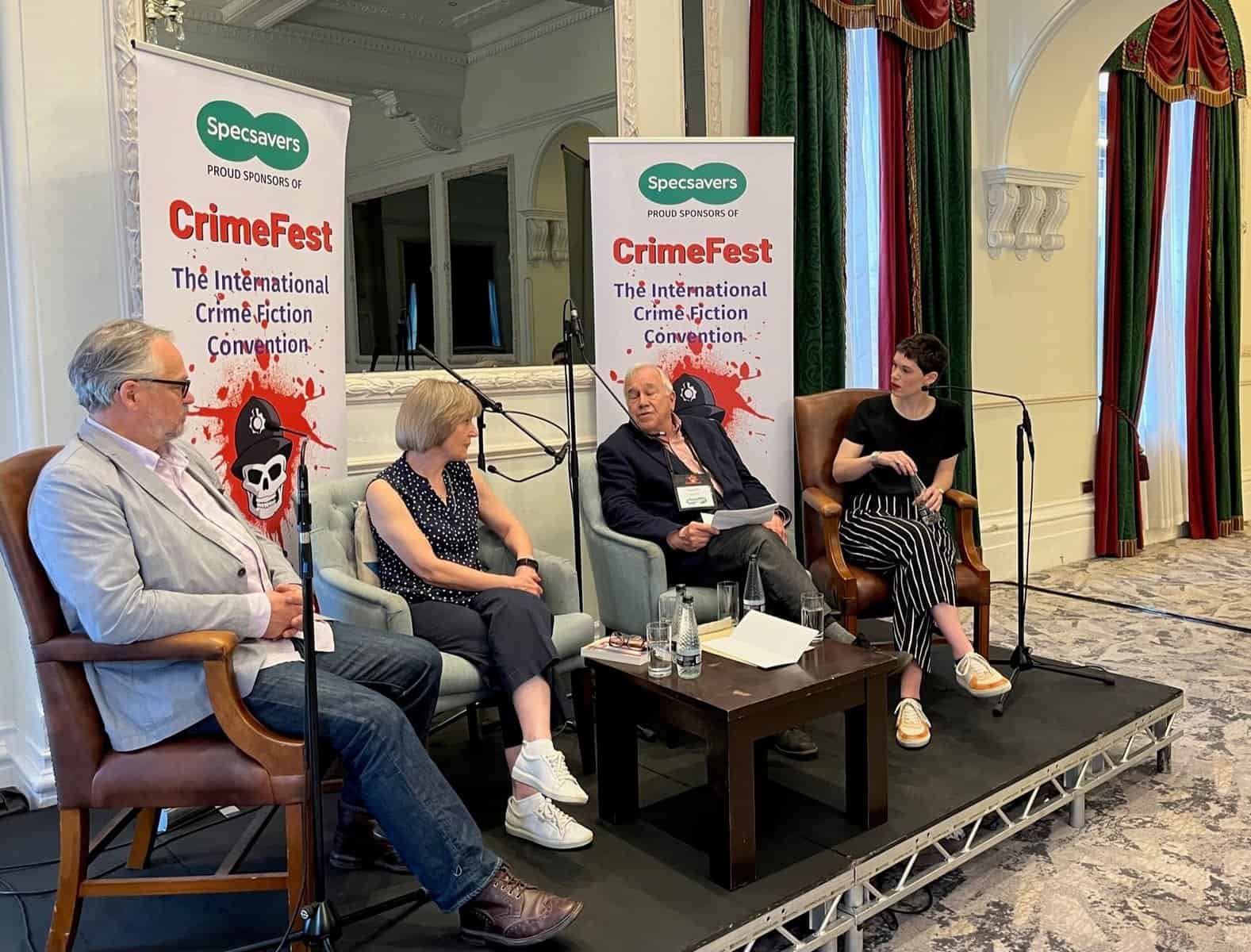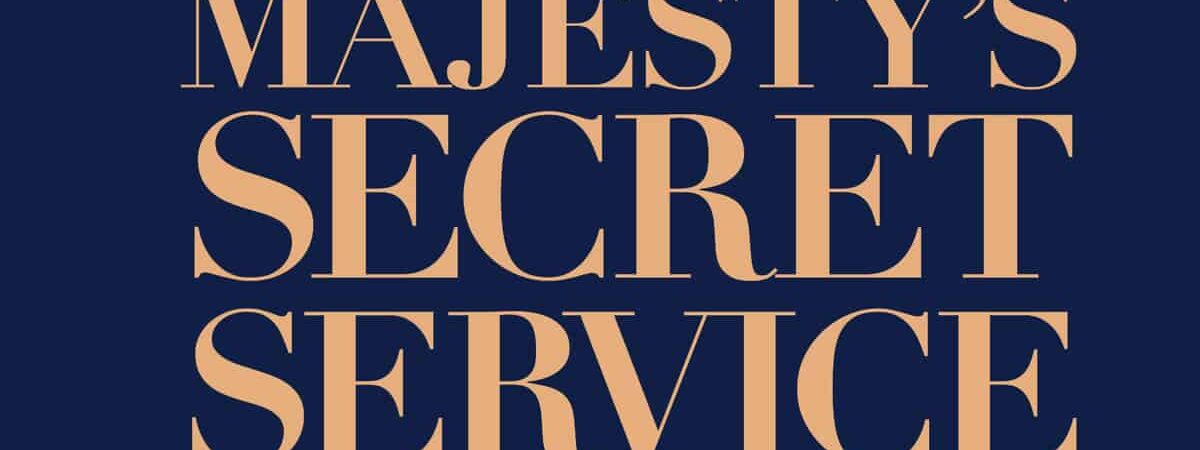In honour of this year’s CrimeFest, we asked Cause UK’s associate, Chris Bond, to interview author Charlie Higson, who took part in a panel dedicated to Ian Fleming today (Friday 12 May).
The panel also featured the first official female 007 author, Kim Sherwood (pictured below), who you can read about in this fab Radio Times interview we set up this week with Kim.

Kim Sherwood
Charlie Higson returns to CrimeFest this week. He talks about his new James Bond book, the brilliance of Ian Fleming and why 007’s popularity hasn’t dimmed.
The last time bestselling author Charlie Higson was at CrimeFest, in Bristol, it was to discuss the merits of two of Britain’s greatest spy novelists. “I was part of a debate about who’s the better writer, John le Carré or Ian Fleming,” he says.
“I love them both, but they’re very different. I had to defend Fleming and my argument was that le Carré was very typically English, his books are grimy and gritty. I categorise them as ‘cup of tea’ writing. Whereas Fleming’s books are mad, glamorous, exciting, international and full of action and old-school heroics, and I categorise that as ‘cocktail writing.’”
CrimeFest returns this month (May 11-14) for a four-day celebration of the nation’s most popular literary genre, featuring the likes of Mark Billingham, Elly Griffiths and Higson, author of the acclaimed Young Bond series. He returns for a special panel, which also features Kim Sherwood, the first female author commissioned by the Ian Fleming estate to expand the Bond universe, and Corinne Turner, MD of Ian Fleming Publications, to discuss Fleming’s legacy.
It’s more than a decade since Higson’s last Young Bond novel was published, but now the writer, actor and comedian has returned to the world of 007 with his first foray into the adventures of an adult James Bond with On His Majesty’s Secret Service, which has just been published.
He was commissioned by Ian Fleming Publications to write a new Bond story to celebrate the coronation of King Charles III, with all royalties from the sale of the book going to the National Literacy Trust charity.
The new book also marks 70 years since the initial publication of Fleming’s first James Bond novel, Casino Royale, and the 60th anniversary of On Her Majesty’s Secret Service.
Higson was approached earlier in the year and had just a couple of months to come up with a story and get it written. “There’s a smoky spirit about the books and very quickly I got a feel for it. I started out expecting to write a longish short story, but I just got so excited by it and it got longer and longer until it was the same length as some of Fleming’s books.”
On His Majesty’s Secret Service is set a couple of days before the coronation of King Charles III, with Bond sent at the last minute to thwart an attempt to disrupt the coronation by the wealthy, eccentric and self-styled Athelstan of Wessex and his privately hired team of mercenaries.
“It was great to be able to put in some of the stuff I couldn’t put in the Young Bond books – there’s obviously a lot more sex – but I always thought if I did an adult Bond story it would be within the Fleming timeline,” says Higson.
Instead he wrote a contemporary Bond who, at the same time, is recognisable as Fleming’s famous character. “The central thing about Bond is he is his own man. He’s not married, he’s got no kids, or parents, or brothers and sisters. We never see him doing anything domestic. We don’t see him visiting his bank manager or mowing his lawn. He’s on a mission the whole time, he’s staying in hotels and eating in restaurants… he’s this ultimate loner and I think that helps position him outside time.”
Part of Fleming’s brilliance was in finding a successful formula. “He was a great action writer and those scenes are very vivid. Also his books aren’t long and that’s the key to them and why they’re still such great, exciting reads,” says Higson.
“The closest thing to a James Bond is probably Lee Child’s Jack Reacher books. They’re completely Americanised and are on a smaller scale, but Jack Reacher is very much a child of James Bond.”
The success of the Bond films has helped elevate the character to iconic status. “The films have obviously helped – they’ve given Bond appeal and a long lasting life.”
The films have changed with the times, though Higson hopes they don’t lose the essence of their appeal. “We are questioning masculinity now, but that being said we know James Bond is a fantasy and that’s why people like going to see the films. They want to hear the music kick in and see him do so something outrageous and turn the tables on the bad guys, and there’s a danger that you overthink it and think he can’t do this and he can’t do that,” he says.
“I think as long as Bond is allowed to do what we want him to do, he can still be James Bond – the fantasy male whose life we all wished we could have.”

